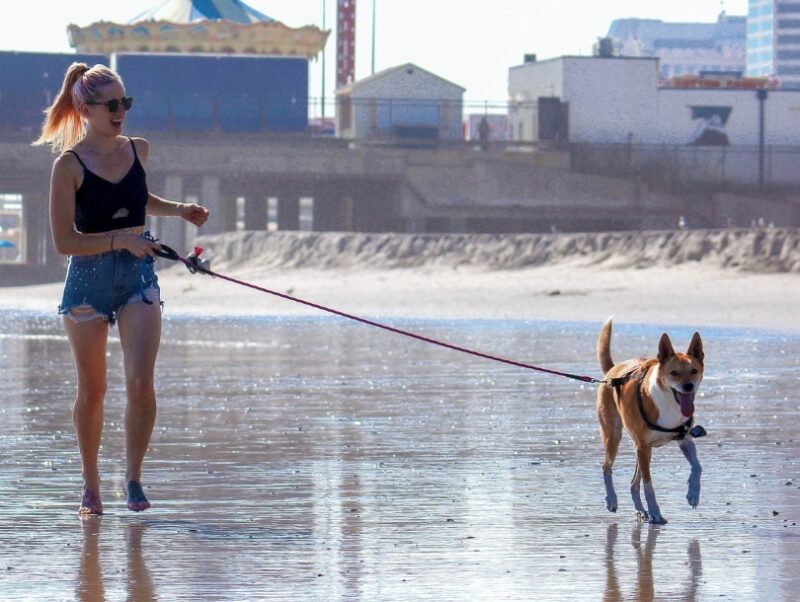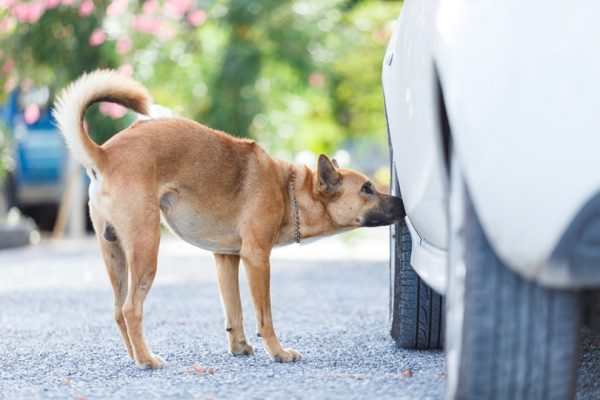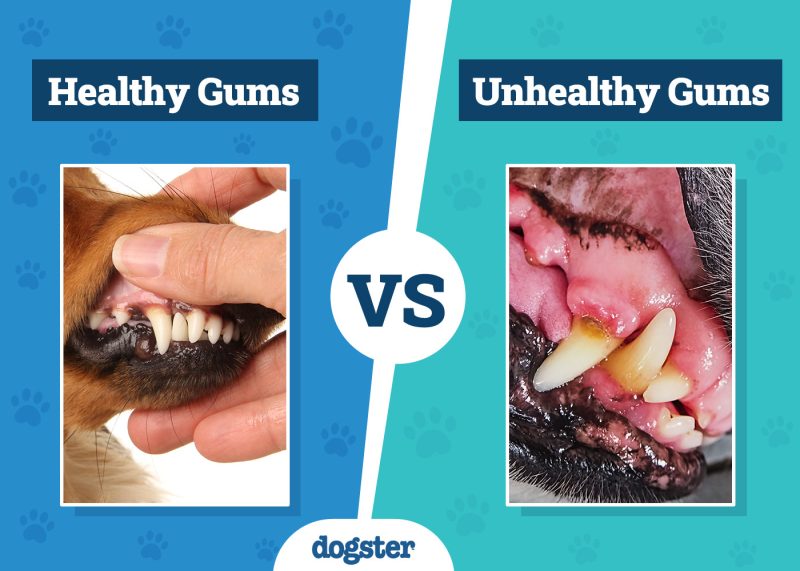If you’re a lover of all things salt and sand, regular beach trips are probably one of your favorite forms of self-care. Dog owners may love the idea of their pups joining them at the shore, but how can you ensure that it’s a safe and fun excursion for both of you? If you’re taking your dog to the beach, here are 10 tips for a wonderful trip.

The 10 Tips for Taking Your Dog to the Beach
1. Check the Beach Rules Before You Go
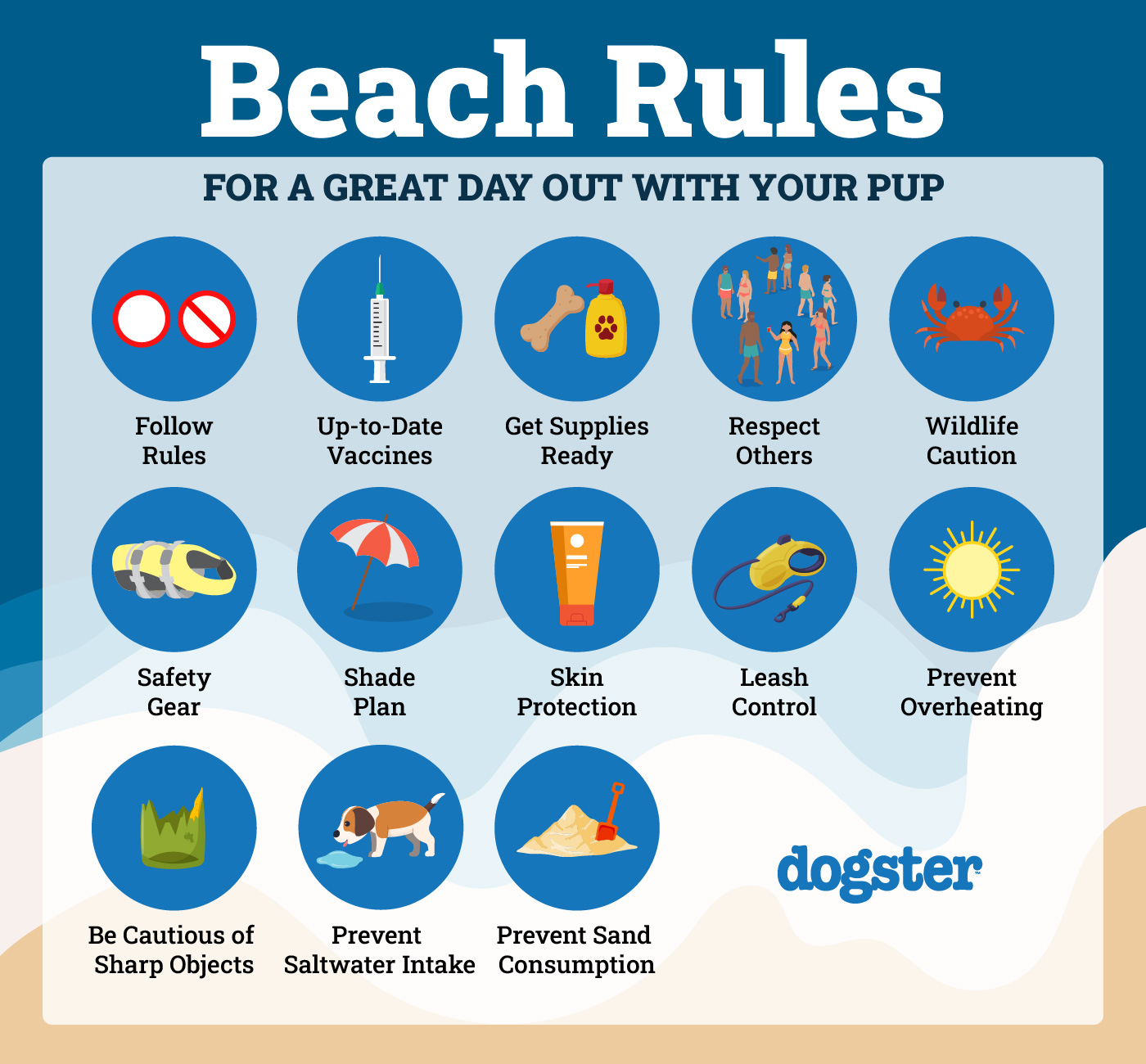
Before heading to the beach, double-check the rules governing dogs’ use of the sand. Some areas, especially popular tourist destinations, may place seasonal and hourly restrictions on when dogs can play on the beach.
Confirm whether the beach allows off-leash play, and if so, are there designated locations for this activity? Some beaches may also require dogs to be licensed or on a leash no longer than 6 feet. Start your beach trip off on the right foot by making sure you know the rules of your chosen destination.
2. Check the Weather Report
Enjoying beautiful sunny weather is one of the best parts of a day at the beach. However, when you’re taking your dog to the beach, you’ll need to be more mindful of the heat than you would for a solo trip. Dogs can become overheated more easily than humans, especially those with flat faces or thick coats.
In addition, hot sand can burn your dog’s paws. If high temperatures are forecast, consider making your beach trip early or late in the day.
3. Teach Your Dog to Swim
If you don’t plan on letting your dog into the ocean, this step is less important, but don’t assume your pup knows how to swim. Even if your dog is used to swimming in still water like lakes or ponds, the ocean is a whole different situation.
Don’t let your dog swim in rough surf or during a riptide warning. Outfit your dog in a life vest for additional peace of mind. Choose one with bright colors for visibility and handles to make it easy to grab your dog if needed.
4. Pack Smart

If you’re headed to an unfamiliar beach, you won’t always know what amenities are available. To be safe, pack everything you think you need for the day. It’s always better to be overprepared! Water and a bowl are a must, along with waste bags. Portable shade, snacks, and towels are also a good idea. Bring your dog’s leash even if you’re headed to an off-leash spot to get your pup safely from the parking lot to the shore.
5. Don’t Forget the Sun Protection
Did you know that your dog can get sunburned, too? Any part of your dog’s body with little to no hair is vulnerable to those pesky UV rays, like your own skin. To protect your pup, use dog-friendly sunscreen to coat their nose, ears, belly, and other thinly coated body parts. Reapply as suggested by the specific product that you use. You could also consider getting your dog sun goggles to protect their eyes from light and blowing sand.
6. Protect Their Paws
You never know what you’ll find washed up at the beach; some debris could be dangerous for your dog’s paws. Keep a close eye on the sand as you’re walking your dog. If your pup is running loose, take a minute to check the area for any broken seashells, glass, jellyfish, or other items that could injure their paws.
Another option is to dress your dog in protective booties for your beach trip. This precaution also helps guard against paw burns from the hot sand.
7. Watch What They Eat (and Drink)
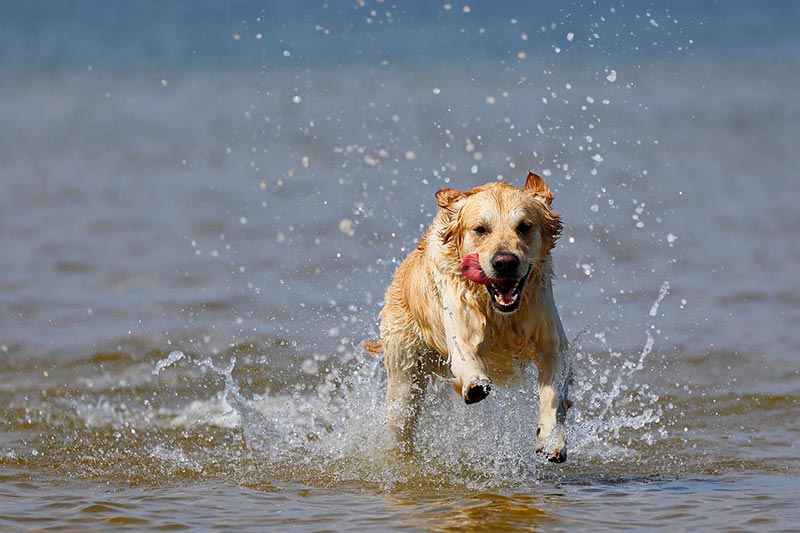
As your dog is running at the beach, you might catch them trying to drink seawater or eat sand. These practices should be discouraged or at least limited, as they are quite dangerous for your pup. Drinking too much salt water can upset your dog’s stomach. If your dog eats sand, it can build up in its digestive system and cause a dangerous blockage.
8. Don’t Let Them Over Do It
Our dogs don’t always do the best job at keeping their activity level under control, especially in hot weather. If your pup is overly enthusiastic about playing at the beach, they can easily overheat.
It’s up to you to make your dog take periodic breaks for rest, shade, and plenty of water. You can bring a familiar blanket or bed for your dog to lay on and relax. Another option for small dogs is to set up a portable fence to keep them contained during rest breaks.
9. Be Respectful of Other Beachgoers
Nearly every beach you and your dog will visit will be a shared space with other families, sunbathers, surfers, and even people fishing. Whether your dog is on a leash or roaming free, be respectful of these other people and don’t let your dog bother them.
Keep your dog under control and always pick up their poop. Also, don’t let your dog chase birds and wildlife as they play. Be alert for any signs telling you to avoid protected nesting grounds for shorebirds.
10. Rinse Off Your Dog Once the Day Is Done
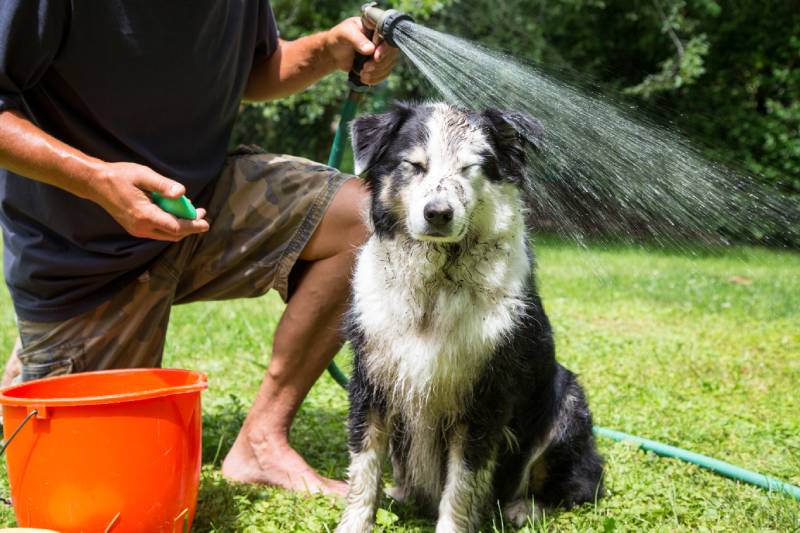
Finally, once you and your tired dog are ready to head home, take the time to rinse your dog clean of sand and salt water. This precaution helps protect your dog from ingesting saltwater or sand as they try to lick themselves clean. It will also help keep your dog’s skin from becoming irritated.
Many public beaches have showers, and some dog beaches have dedicated wash stations for our canine friends. If you aren’t sure what’s available at the beach you plan to visit, pack extra water to rinse your dog, and don’t forget to dry them thoroughly.
Conclusion
Even if you’re a certified beach bum, your dog may not be a fan of crashing waves or hot sand. If it’s your first time taking your dog to the beach, give them time to get used to this unfamiliar location so they don’t get overwhelmed. If your dog doesn’t seem to enjoy the sun and sand, it’s okay to let them skip your next beach day and find another way to spend time together.
See also:
- Top 9 Dog-Friendly Beaches in San Francisco, CA (with Pictures)
- Top 10 Dog Friendly Beaches in Massachusetts
Featured Image Credit: Ogutier, Pixabay
